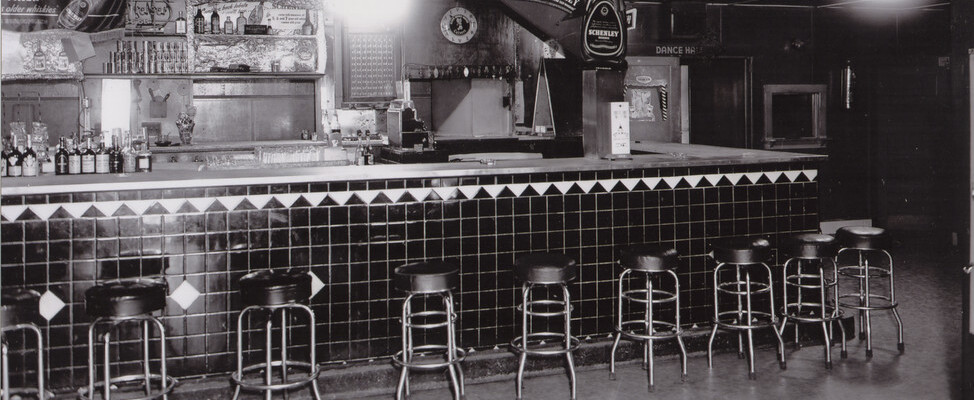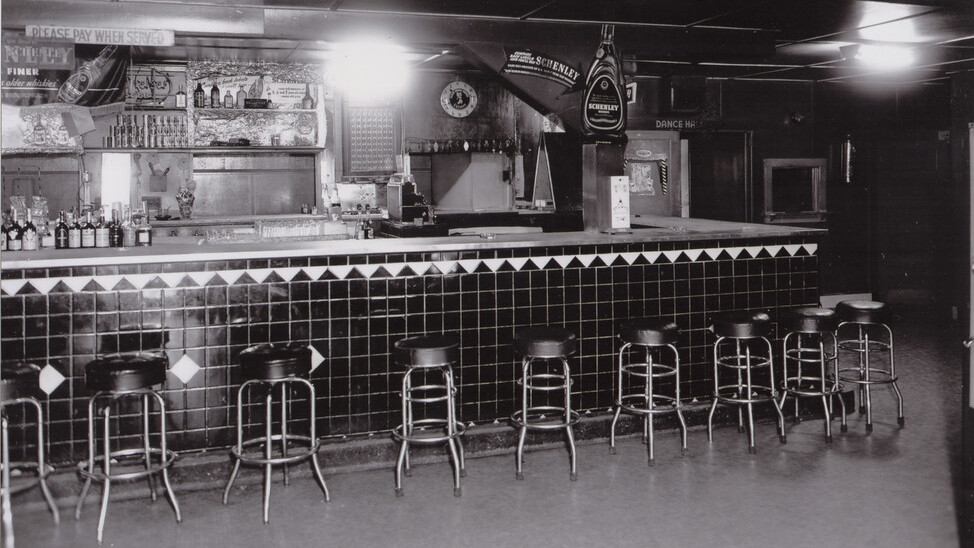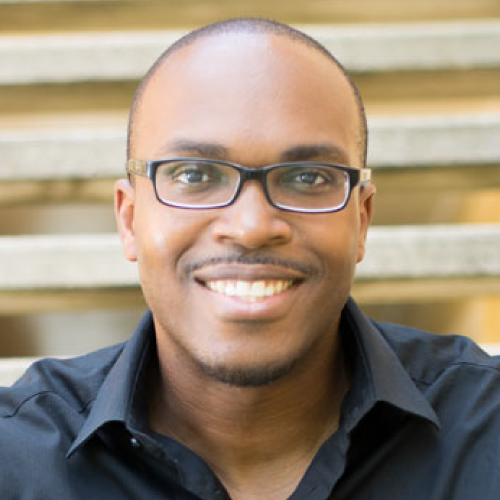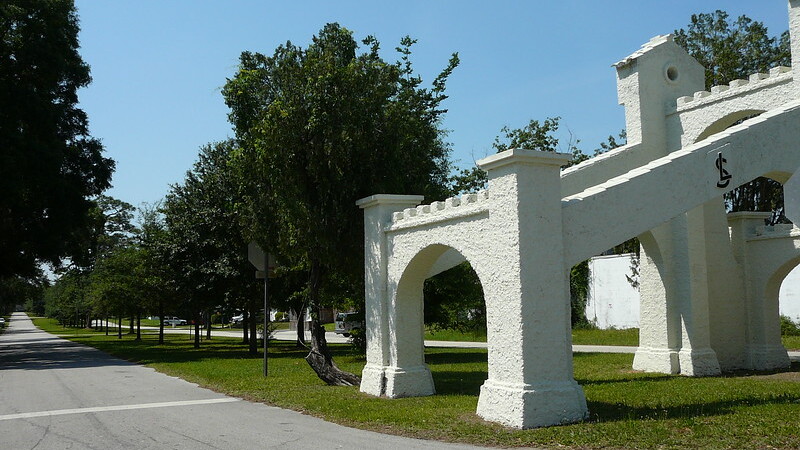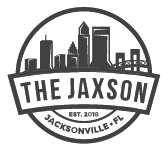
Moncrief’s Two Spot was said to be the finest dance palace in the country owned by an African American during its heyday. Here is a rare look inside Florida’s largest Chitlin’ Circuit era venue.

The brainchild of James ‘Charlie Edd’ Craddock

The Two Spot was built and owned by James Craddock. The “kingpin” of West Ashley Street, Craddock was a controversial character who relocated from Harlem to Jacksonville in 1921. Soon after, he established the Little Blue Chip nightclub on the ground floor of LaVilla’s Richmond Hotel. Known as “Charlie Edd,” Craddock opened a bread line for the hungry during the Great Depression, giving him a reputation as a philanthropist in the city’s African American community.
Jacksonville’s Bolita King

Craddock was also part owner of West Ashley Street’s Manuel’s Tap Room, and his clubs, bars and taverns were said to be protected by the local police and were hotbeds for bolita. Bolita (Spanish for “little ball”), was a type of illegal lottery gambling popular in the late 19th and early 20th centuries in Cuba and among Florida’s working class Hispanic, Italian and Black residents. Estimated at a total of $500 million gambled on the game annually, it may have been Jacksonville’s most profitable illegal business by the Great Depression. Craddock was so successful that in 1942, he paid the federal government $35,000 in back taxes (the equivalent of $673,833.04 today).
Over the years, he acquired and owned several rental properties, including the Charlie Edd Hotel, Young Men’s Smoke Chop, Uncle Charlie Edd’s Barber shop, loan offices and pawn shops, employing as many as 500. However, his most well-known business was the Two Spot nightclub at Moncrief Road and 45th Street. Craddock purchased the property from Dr. Eartha M.M. White, founder of LaVilla’s Clara White Mission.
Birthing the Chitlin’ Circuit

The Chitlin’ Circuit was the collective name given to a series of Black-owned nightclubs, dance halls, juke joints, theaters and other venues that were safe and acceptable for African American entertainers to perform in during segregation. Notable venues on the Chitlin’ Circuit were the Cotton Club and Apollo Theater in Harlem, the Royal Peacock in Atlanta, the Fox Theatre in Detroit, and the Howard Theatre in Washington, D.C.
Walter Barnes, a Chicago jazz musician born in Vicksburg, Mississippi, is credited as being an early originator of the “Chitlin’ Circuit.” Working with Craddock and Hidgon, Barnes successfully established a network of venues during the 1930s.
Establishing a winter headquarters in Jacksonville to conduct annual late-fall-to-spring Southern tours, contracts and routes created and promoted through Barnes’ position at the Chicago Defender soon became the Chitlin’ Circuit. Despite his death in 1940, his success in touring across the South encouraged numerous acts to follow the circuit during segregation. The increased popularity encouraged Craddock to invest in the construction of the Two Spot.
Jacksonville’s largest Chitlin’ Circuit venue

The Two Spot was located on West 45th Street, just north of Moncrief Road. Opening its doors on December 25, 1940, it featured a dance floor accommodating 2,000. An additional 1,000 could be seated surrounding it and on the mezzanine level. The venue also had a bar, private dining rooms, a cafeteria, speedway, and cabins for overnight stays.
A desired location for traveling musicians

The Two Spot was Jacksonville’s largest site advertised in the Negro Motorist Green Book. First published in 1936, the Green Book was a compilation of accommodations, gas stations, restaurants and other businesses for people of color attempting to travel free of racial humiliation, discrimination and violence during Jim Crow. In addition to a performance venue, the Two Spot property contained several cottages where musicians and their bands could rest safely during travel through the Jim Crow-era segregated South. Live acts at the Two Spot included B.B. King, Sam Cooke, James Brown, Charlie Singleton, Jackie Wilson, Lionel Hampton, Ray Charles, Dinah Washington, Tiny York, Teddy Washington, and trumpeter Nat Small. James Brown recalled the Two Spot as “one of the biggest venues to perform as a Black musician during 1960s segregation.”
Nat Small’s uncle, Joe Higdon, was a business partner of Craddock’s Two Spot and owner of Ashley Street’s Hollywood Music Store.
The Two Spot’s decline

The Two Spot served as Jacksonville’s most desired Chitlin’ Circuit destination during the 1940s and 1950s. After Craddock’s death in 1957, the venue was acquired by Ernie Busker and renamed the Palms Ballroom. Miami-based Busker owned other Palms nightclubs in South Florida. Despite the Two Spot’s popularity, the venue declined with integration. As musicians and patrons were able to perform and visit venues that had previously been considered off limits, segregation=era Black-owned businesses and commercial districts declined nationwide. In 1967, the famed Two Spot property was sold, razed and redeveloped into an apartment complex.


